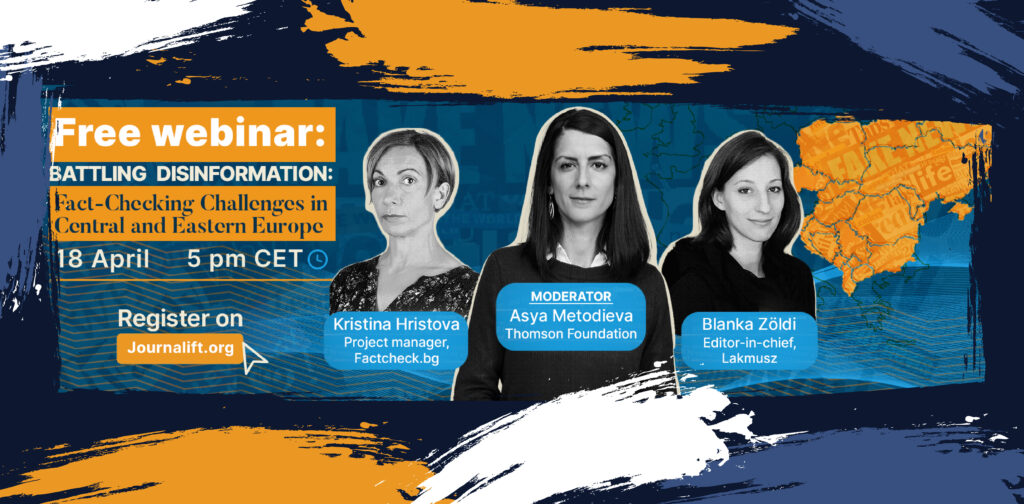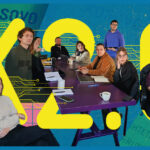The majority of nonprofit sector employees often face a similar frustration – why the topics they deal with, and the results they achieve that improve people’s lives, do not have greater visibility. In response to these frustrations, Diskriminacija.ba was created – an online media outlet focused on stories related to human rights, with a mission to reach as many people as possible with these stories. Because their team consists of journalists who are also human rights activists, they combined storytelling skills with an activist sensibility and decided to turn this unique combination of knowledge into a business model, which they developed with the experts help and grants support during the Media for All project.
“Working for a long time with media and in the field of promoting human rights, we realized that there is actually a significant gap between the way civil society organizations working on human rights communicate, a gap between their capacity to impose certain topics as important to the media and to communicate beyond what we all suffer from, which is project communication. On the other hand, the media very rarely have time to devote themselves to some topics that do not necessarily generate a large number of clicks in a slightly deeper and more serious way," says Maida Muminović, executive director of the Mediacentar Sarajevo, the parent company of the portal.
After identifying this gap and receiving support through the Media for All project, Diskriminacija.ba, with the help of its mentor, worked thoroughly and in detail on the analysis of their previous business strategy and financing methods. After this process, it became clear that their main strategy is fundraising from international donors, as well as offering their services to other civil society organizations.
"Currently, we are striving for civil society organizations, which also function like us, to recognize Diskriminacija.ba as something they can integrate into their project proposals. So, when they develop their projects and think about how to communicate project goals and achievements or problems the project addresses, to keep us in mind and to include something that they will do with Diskriminacija.ba in their application. These are the two main sources of funding and revenue for the media," emphasizes Maida.
Although there are only three people on the team, they rely on a network of journalists from all over the country who are responsible for identifying important stories to cover. They also use the ECR tool (the online platform for Active citizens reporting), which was developed through the MfA project as a way to support media in effective research and reporting. "Using the ECR tool turned out to be a good way to enrich a story and validate a particular problem through communication with a wider audience in the very early stages of story development," emphasizes Maida. One of the stories that was created this way deals with the right to access health insurance in Bosnia and Herzegovina.
Almost three years since the beginning of the support they received though Media for All, Diskriminacija.ba is slowly but surely consolidating its unique position in the media market and civil society, but does not plan to stop there. The plans include introducing new content and format forms, as well as potentially expanding and offering services to other countries in the region.































